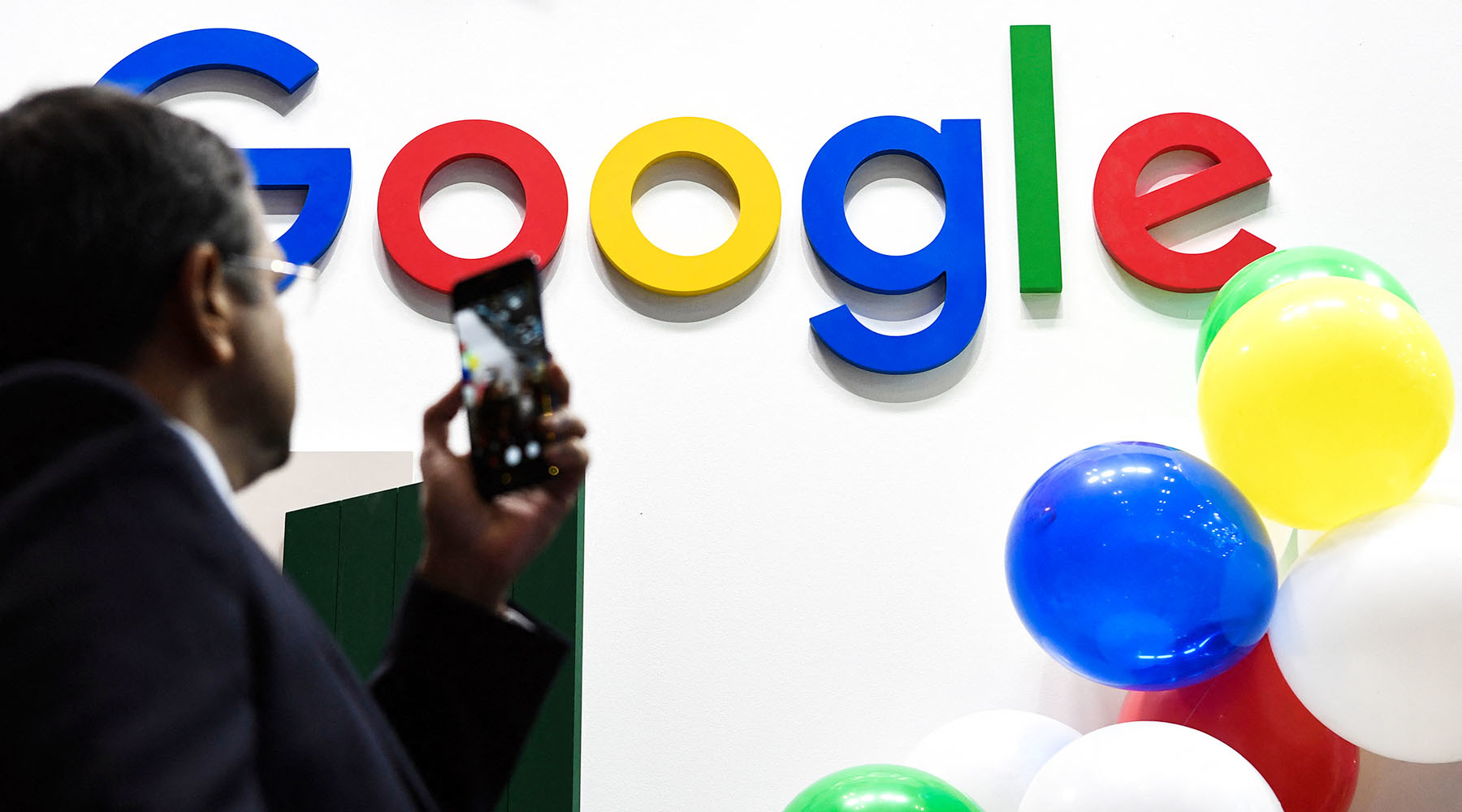Roskomnadzor allowed a slowdown in the traffic of Google services due to insufficient filtering of illegal content.
The department said that from 20% to 30% of links to materials prohibited in Russia, including to the websites of terrorist organizations, sites with pornographic images of minors, and online drug stores, are not removed from the search results.
“Roskomnadzor has sent more than 26 thousand notifications to the Google administration about the need to remove illegal information.
If, after notifying Roskomnadzor, the Internet platform does not restrict access to prohibited information within 24 hours, it will be fined in the amount of 800 thousand to 4 million rubles, ”the agency said in a statement to TASS.
They added that Google is currently leading in the number of unlawful content that has not been deleted.
“After Twitter, at the request of Roskomnadzor, removed 91% of the prohibited information, Google came out on top in the amount of unreleased illegal content that directly harms Russian users,” the department said.
Roskomnadzor noted that the volumes and terms of non-deletion of materials with destructive content are such that measures can be taken in relation to the company's services to slow down traffic.
AFP
© ALAIN JOCARD
Also, the department noted that YouTube did not remove about 5 thousand prohibited materials.
"To date, about 5 thousand prohibited materials have not been removed on YouTube. Most of the 3.5 thousand are with calls for extremism. More than 900 materials recognized as prohibited by the court," Roskomnadzor said.
Earlier, the supervisory agency voiced claims against Google related to the censorship of materials from Russian media.
So, on May 22, the company was demanded to remove all restrictions from the video recording of the interview of the Sputnik France correspondent with the French neuroscience specialist Idriss Abercan as soon as possible.
The material posted on the official Sputnik France YouTube channel was previously blocked by the video hosting administration.
"The letter from Roskomnadzor notes that such actions by the YouTube video hosting administration violate the key principles of free dissemination of information, unhindered access to it and are an act of censorship in relation to the Russian media," the department stressed.
In March, Russian Foreign Ministry spokeswoman Maria Zakharova noted that American IT companies, imposing restrictions on "politically inconvenient" materials, "went haywire," and the very situation of haphazard censoring of content is a semantic and technological dead end.
“The more politically inconvenient materials are withdrawn from the Internet circulation and censored by the“ moderators ”, the faster and tougher regulatory restrictions on the actions of platforms around the world will be introduced,” the Foreign Ministry spokeswoman explained.
Recall that in December 2020, the State Duma adopted a law providing for sanctions for censorship by Internet platforms against Russian media.
The authors of the bill drew attention to the numerous facts of unreasonable restriction of citizens' access to information of the domestic media by certain resources, including those registered outside of Russia.
Punishment may threaten for restricting access to information on the basis of nationality, language, origin, property and official status, as well as due to “the establishment by the owner of the information resource of other restrictions that violate the right of citizens of the Russian Federation to freely seek, receive, transmit, produce and distribute information by any in a legal way. "
As sanctions, the law provides for blocking the resource, slowing down traffic and administrative fines.
Slow down Twitter
On March 10, Roskomnadzor began to slow down the speed of Twitter in Russia on all mobile gadgets and 50% of stationary devices.
As the department explained then, the decision was also due to the fact that the social network does not systematically remove prohibited content, including child pornography and publications that incline minors to suicide.
As noted by the deputy head of the RKN Vadim Subbotin, when choosing a mechanism for influencing Twitter, the department tried to minimize the inconvenience for users of the service.
For this reason, the restrictions did not affect text messages, but only affected the transfer rate of photo and video content.
He also noted that Roskomnadzor had repeatedly warned Twitter about violations of the law.
Since 2017, the department has sent the company more than 28 thousand requests to remove illegal links and publications.
On May 18, Roskomnadzor decided to partially stop slowing down Twitter, as the administration of the social network removed more than 91% of illegal content.
The RKN clarified that the decision concerns only fixed networks, the slowdown in traffic on mobile devices will continue.
At the same time, the department reported that they had identified cases of posting illegal materials on other Internet sites, including Facebook and YouTube, and warned of possible sanctions.

